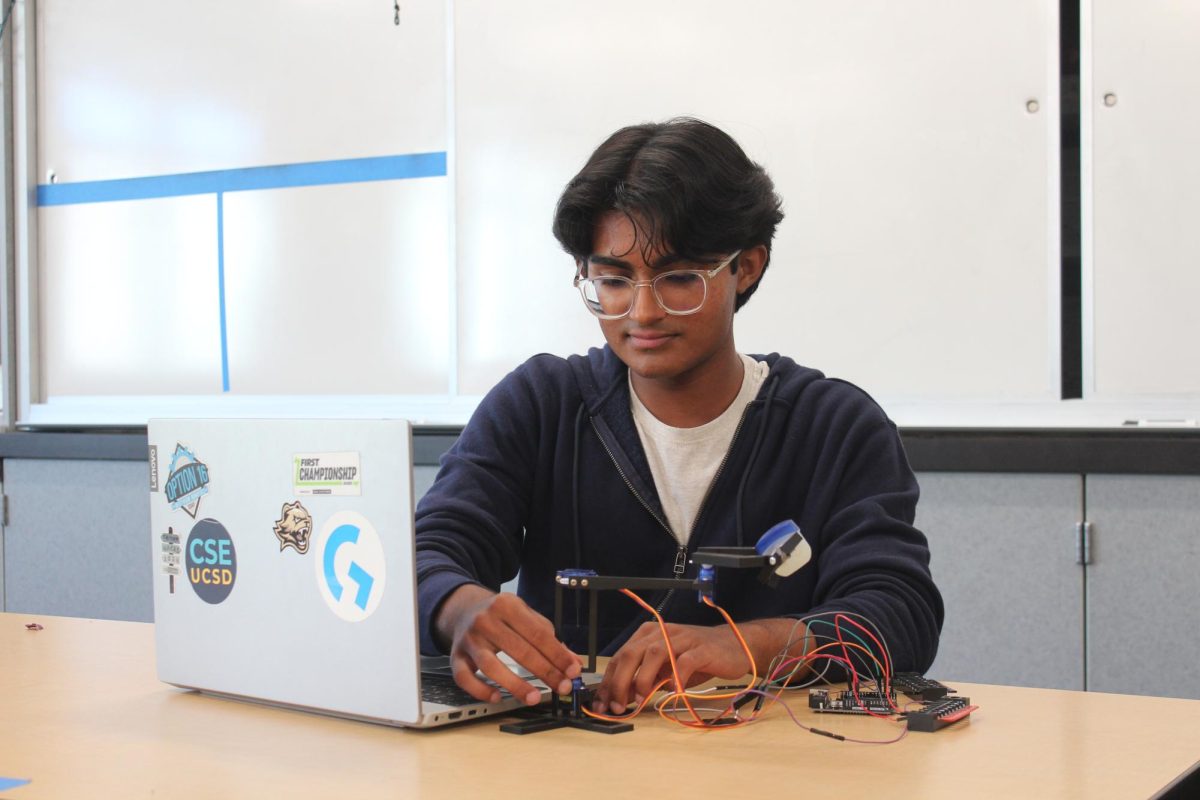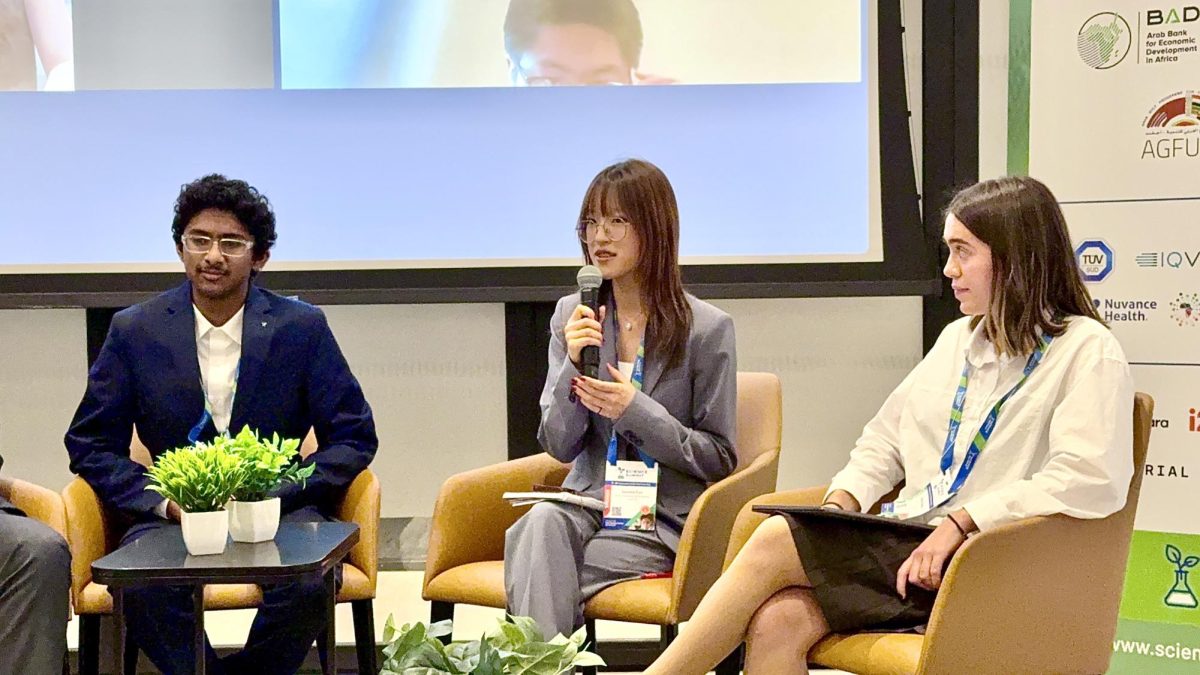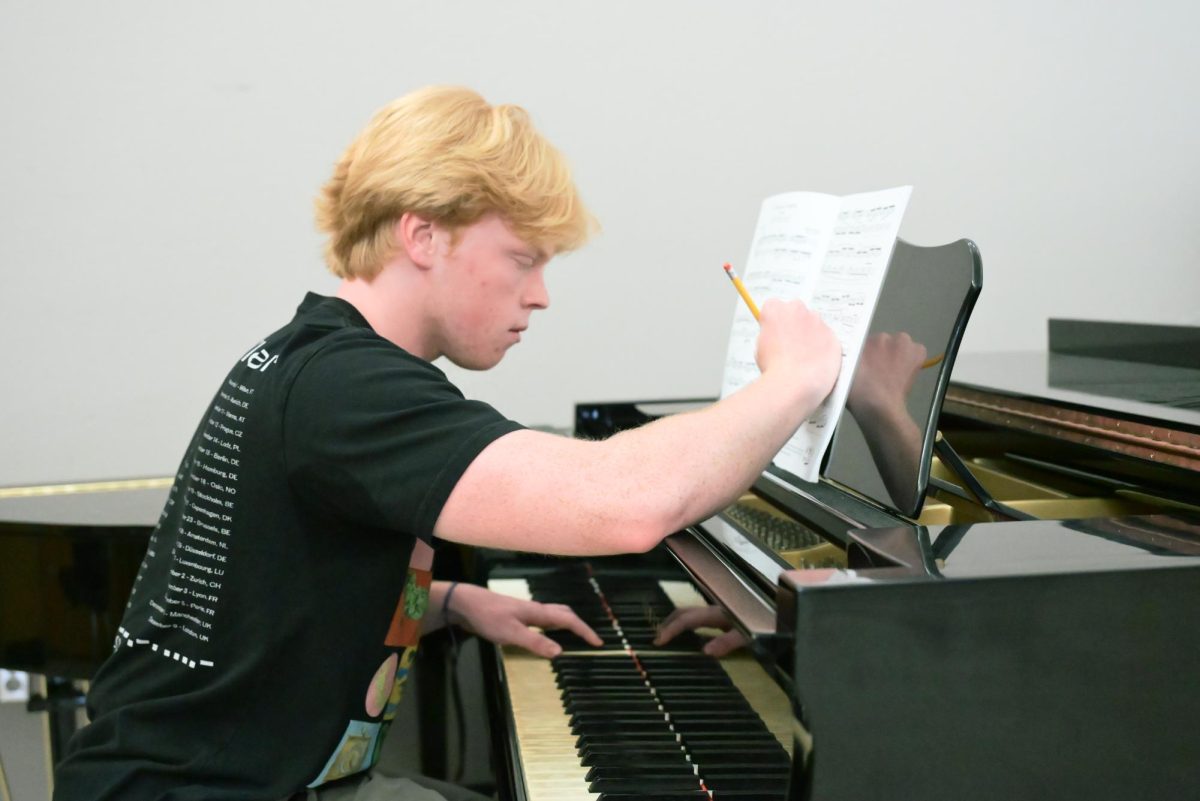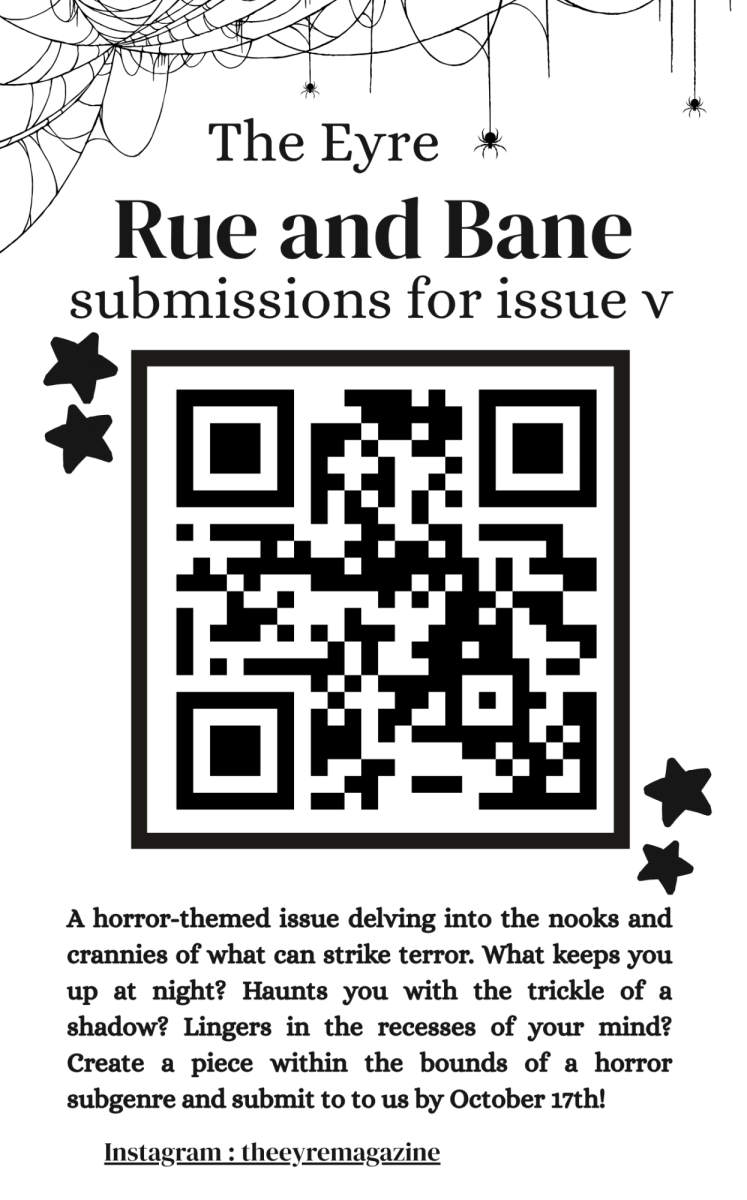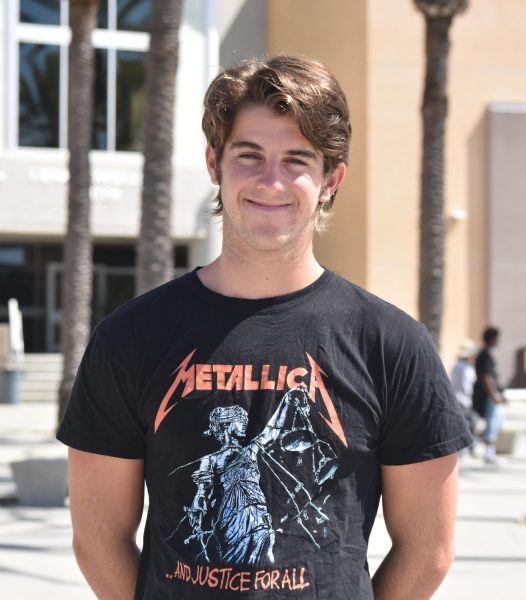The moonlight glowed faint against the pitch black of the sky on day five of Malea Wiener’s (12) 21-day sailing voyage around the British Virgin Islands as she and her 12 boatmates suited up into their scuba gear and descended 40 feet below onto a sandy underwater flat. Night diving was especially frightening to Wiener because she could only see the small sliver of space that her flashlight illuminated, which would occasionally be swarmed with small fish that would then get eaten by progressively larger fish.
On the sandy flat, the group was told to switch off their flashlights for three minutes and sit in darkness in order to become more versatile, competent divers.
“It felt claustrophobic and you definitely were more aware of how the water was brushing against you [and I became very] nervous [when something] touched me,” Wiener said.
Run by an organization called Action Quest, Wiener initially wanted to go on this scuba diving trip due to her passion for marine biology that she found on a trip her family took to Hawaii when she was 12 years old.
“On the trip I got the chance to go snorkeling for the first time and it was just the most incredible thing because I felt like it seemed more personal [swimming around the animals] than seeing pictures of them,” Wiener said.
After the trip to Hawaii Wiener knew she wanted to do something related to marine biology, but never had a way to fully immerse herself in it until she found the Action Quest program.
During this specific program, participants conducted research on coral reefs while learning to sail and become better divers. According to Action Quest the program runs aboard 46-foot catamarans and 50-foot sloops, which become a home, floating classroom and lab. On the boat, the kids did almost all of the chores and ship management while an adult drove the boat, with two more adults assisting the kids during the scuba diving expeditions and also occasionally teaching the kids lessons on marine biology with one lesson including the dissection of a dogfish shark.
During the trip, Wiener and the 11 other kids worked on a research project where they would dive to different depths underwater and collect coral samples to measure the effect of pH and salinity of water on the abundance of coral.
To test this, they would lay down a PVC pipe square called a quadrat at different depths and count the amount of coral the quadrat contained. They also collected water samples to test for pH and salinity by filling at the various depths that they counted the coral at.
Although Wiener said she enjoyed working on the research project, compiling the project at sea presented unique challenges.
“[When] I was writing a research paper I had severe motion sickness and it didn’t help that I was looking at a computer screen,” Wiener said. “And since I was [typing up the report] at the computer screen, I couldn’t be outside. I [had] to take breaks [to be able to continue to type]. I laid on the floor of the galley, went back to typing, then laid back on the floor [and kept repeating that until I finished my paper].”
Although the group spent much of their time doing scuba diving expeditions and collecting and recording data for their research paper they had a lot of leisure time at night. On many of the warmer nights out at sea, Wiener and some of her boatmates opted to sleep outside of the boat cabin in hammocks strung on the deck under the stars, and they would sometimes climb onto the roof late at night to discuss their lives and hopes for the future.
During the many dives that Wiener and her group went on, they saw a reef shark, hundreds of three-foot lobsters, sea turtles, parrot fish, and, Wiener’s favorite, an eagle ray.
“Rays and octopuses are definitely the most special to [swim by],” Wiener said. “On the trip I saw a group of four eagle rays. Seeing them in person is much different than seeing them in a picture. They look very graceful when you watch them swim in the water [next to you]. I feel a deeper connection to eagle rays now and they are a big reason why I love the ocean.”
Wiener said that spending so much time in and around the ocean has given her a deeper respect for the animals and plants that live in it.
In the middle of their trip around the British Virgin Islands Wiener and her boatmates anchored in MuskMelon Bay, just off of the northwestern shore of Guana Island. Late at night with the stars shining bright over the very humid muggy bay, the group opted to climb out of their hammocks and onto the roof to have a talk about their lives.
“We all just kind of laid on the roof looking at the stars talking about our lives and kind of our personal experiences and kind of what we wanted to do in the future.
Wiener said she gained the independence and self-reliance that she was missing before the trip.
“On the boat, I had to worry about cleaning the whole boat for everyone [not just myself] so that everyone could have a clean space,” Wiener said. “I definitely feel like that helped me to be less reliant on somebody else cleaning the space for me. I think going outside my comfort zone and just doing this has been one of the best things I’ve done.”


